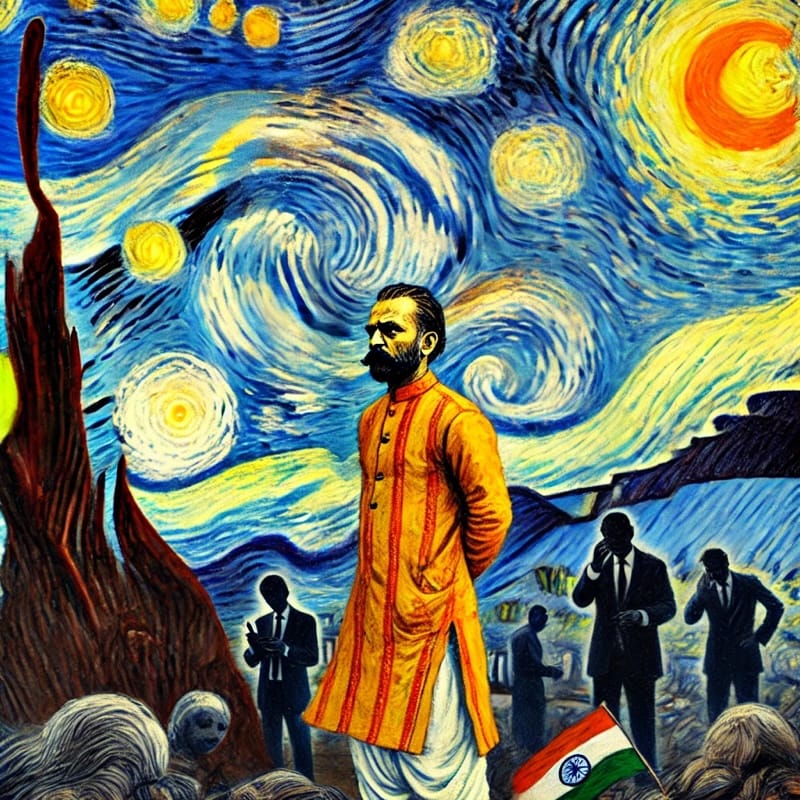Prajwal Revanna and the Weight of Stigma

Prajwal Revanna, born into the influential political family of former Prime Minister H. D. Deve Gowda, rose to prominence as a member of the 17th Lok Sabha, representing the Hassan constituency. However, in 2024, his career and reputation suffered a severe blow due to allegations of sexual misconduct that sent shockwaves through the political and public spheres.
The Allegations and Legal Fallout
In April 2024, leaked videos allegedly depicting Revanna engaging in sexual assaults surfaced, triggering public outrage and immediate legal scrutiny. A Special Investigation Team (SIT) was formed to probe the allegations, culminating in a comprehensive 2,144-page charge sheet. The legal proceedings also implicated his father, H. D. Revanna, adding further complexity to the case.
These allegations led to widespread discussions, not just about the legal ramifications but also about the social and political fallout that follows such scandals. The burden of stigma extended beyond Prajwal Revanna himself, affecting his family, political party, and the broader community.
The Impact of Stigma
In Indian politics, scandals often lead to intense media trials, and Prajwal Revanna's case was no exception. The stigma attached to the allegations made him a pariah in political circles, with former allies distancing themselves. While some politicians have managed to rebuild their careers post-scandal, for Prajwal, the road to redemption appears uncertain.
For the victims, the stigma was even more profound. Reports suggested that many women from the Hassan district fled their homes due to fear of exposure and societal judgment. In many cases, victims of sexual crimes face secondary victimization through public scrutiny, loss of privacy, and social ostracization. The pressure to remain silent, the fear of retribution, and the trauma of being stigmatized often prevent victims from seeking justice.
A Larger Conversation on Stigma and Accountability
This case underscores the harsh reality of how stigma functions in society. On one hand, it serves as a form of social accountability—forcing powerful figures to reckon with their actions. On the other hand, stigma often silences victims and discourages them from coming forward. The justice system must function independently of public opinion, but in cases like this, the court of public perception often delivers its own irreversible verdict.
